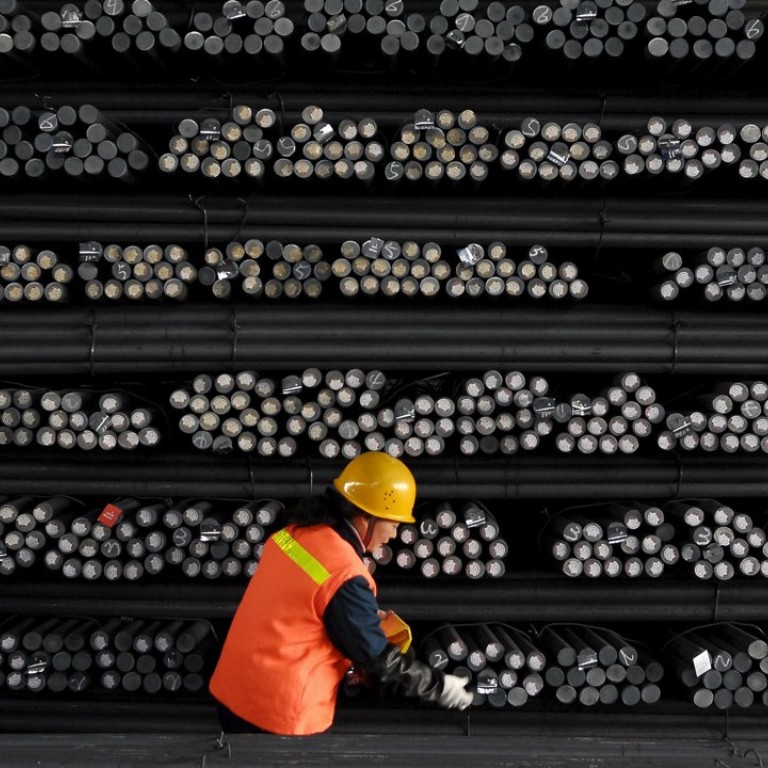
China’s overcapacity problems complicate EU vote on market economy status: business group
European Chamber of Commerce in China says expected job losses in Europe will make it more difficult for the EU to say yes to market economy status for China
European Union countries will find it difficult to grant market economy status to China because its efforts to achieve that transformation have fallen short, a Western business lobby says.
A report on Monday by the European Chamber of Commerce in China said there were concerns within the bloc it was losing jobs to the Asian giant.
The report said industrial overcapacity – which caused trade tensions with some EU companies - had worsened since 2009 and this was a problem that could not be solved by the “One Belt, One Road” initiative or the Asian Infrastructure Investment Bank. It required deep changes in the government and its approach to managing the economy, it said.
“China has not managed to actually become a market economy as its leaders anticipated in 2001,” chamber president Joerg Wuttke said.
The EU is about to review whether it should grant market economy status to China this year as part of Beijing’s accession agreement to the World Trade Organisation. But the bloc’s member countries are divided on the move, while the United States has opposed it, arguing the economy relies heavily on central organisation and government-set pricing.
READ MORE: China steel industry body sees tougher times ahead
Wuttke said it was widely held inside the European Parliament that China was challenging jobs in Europe. He said concerns over job losses had fuelled protests in Brussels. A weakening yuan could give China’s exports a boost, making it more difficult for the EU to reach a decision, he added.
Overcapacity had led to growing trade tensions, for example, in the steel sector, the report said. China’s steel exports to the EU rose 41 per cent in 2015 over 2014, while domestically, the utilisation rate – which measures how much capacity is used in production – fell to 67 per cent in 2015 from 80 per cent in 2008.
Conferring market economy status on China would mean Chinese firms could have a better defence against allegations of anti-competitive trade behaviour.
READ MORE: No pain, no gain, for China steel sector wallowing in glut
Wuttke said China’s chances could be helped by developments later this year, such as the conclusion of an investment agreement between Europe and China.
The chamber believes protectionism at the local government level is a main reason for China’s growing overcapacity.
Beijing should address the roots of overcapacity by reforming its fiscal system to give local governments more funding options, Wuttke said.


